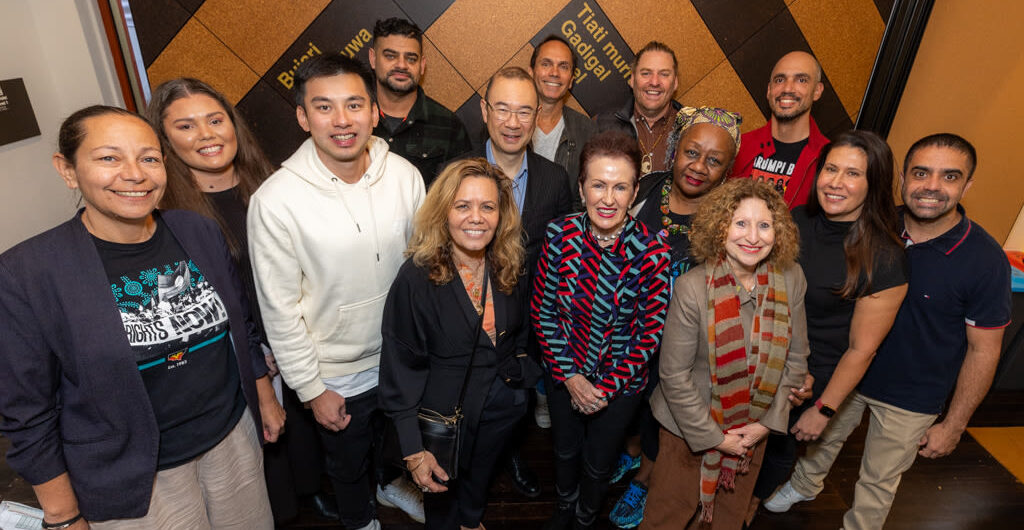
Can you be protected from deception?
OPINION
by Safwan Zabalawi
Do you like to be deceived? Unfortunately, there’s not much you can do when this happens because, as a citizen, you do not have a right to correct information.
Of course, you have the obligation to give correct information to the government,
for example in your tax form or in a statement to court, and if you don’t you will be penalised. This is a one-way street. Giving correct information is your legal obligation, but receiving correct information is not your right.
Misleading the public can take various forms, starting from labels on supermarket products or in TV ads.
The latest in incorrect information, described as “totally unacceptable by the ACCC (3 April 2009), was a recent Coca Cola’s ad campaign which claimed the product did not make consumers fat or rot their teeth.
The president of the Australian Dental Association, Dr Neil Hewson, said consumers had a right to accurate information about products, “especially when the consumption… are likely to contribute substantially to Australia’s escalating childhood obesity epidemic…”.
Similarly in 2007, two students challenged GlaxoSmithKline over incorrect information about the vitamin content in their drink product “Ribena”, commonly fed to babies. Advertising claimed the drink had four times the vitamin C content of oranges while government testing found no detectable level of the vitamin.
While “Incorrect Information” on food, medicine or health items is regarded as unlawful, all other sources of information affecting one’s decisions in daily life should be protected. Media and governments should observe a right of citizens to correct information because deliberately offering wrong information amounts to an intention to deceive. This treats people people as an ignorant mass, inferior to the authorities.
Fabricated news, such as “Children Overboard” and the “Weapons of Mass Destruction” were examples of incorrect information aimed at manipulating people’s awareness for political gain and justifying war.
Deliberate distortion of facts can also take the form of keeping information secret. The Australian Government (2005) deliberately inhibited correct information on Climate Change, gagging scientists who spoke out to alert about the impeding danger.
Another serious danger of mass deception relates to questionable research on genetically modified seeds, with a well-known example of Monsanto concealing correct information about disease in tested animals which had been fed with their product.
Conveying correct information is the duty of the media and the fundamental reason for journalism to exist at all. The necessity to recognise Citizens’ Right to Correct Information is underlined by the following joint statement from eight Australian media executives:
“Many of the laws and restrictions imposed on the public’s right to know do not look sinister in isolation. But together they form a very worrying situation for this country”.
Citizen’s Right to Correct Information will provide the legal ground and a practical measure for protection and security of the interests of individuals, society and the environment. It should be guaranteed in a Bill of Rights, and any such Bill which omits this measure is dangerously flawed.
Safwan Zabalawi is a Pyrmont resident who campaigns on Civil Rights issues









